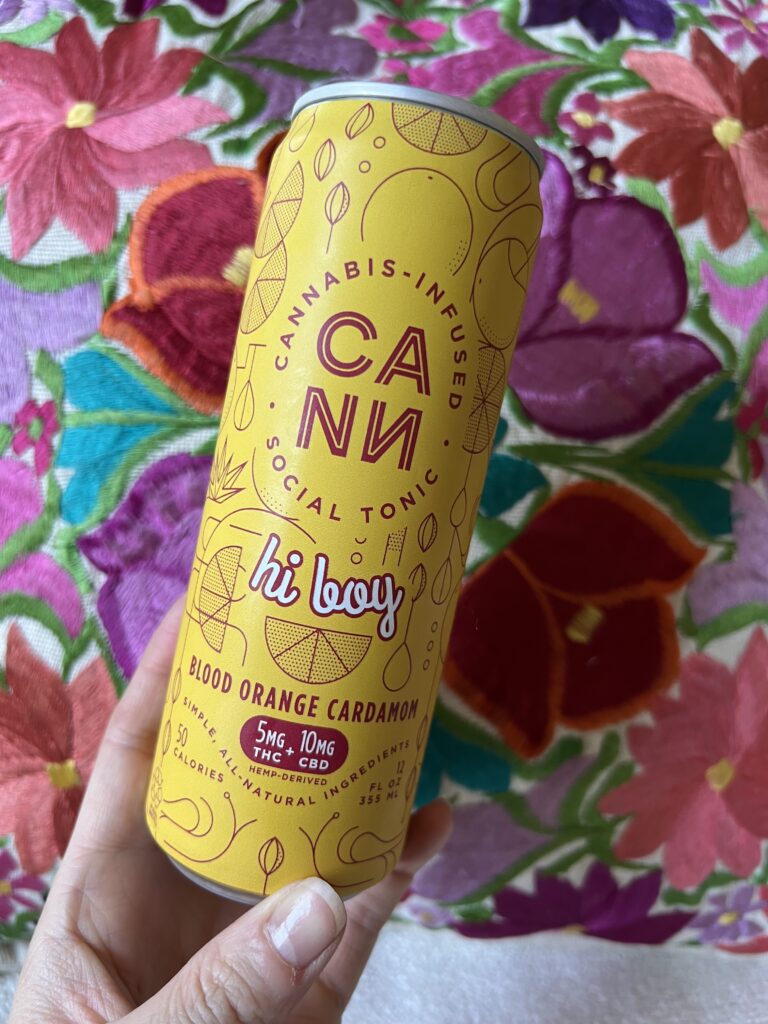4 Signs Your Liver Is Healing From Alcohol Abuse and How to Keep It Tip Top
One of the most crucial organs in the digestive system is the liver. According to John Hopkins School of Medicine, the liver is responsible for regulating chemical levels in our blood. Additionally, the American Liver Foundation reports that more than 100 million Americans have some form of liver disease.
Some common causes of liver damage include hepatitis A, B, and C as well as cancer. But perhaps the most recognized is alcohol abuse, which leads to a liver disease called cirrhosis. While liver damage is irreversible in some cases, the liver has a remarkable ability to regenerate itself — especially when you stop drinking alcohol.
And, to be sure, you want a healthy liver as that heavily contributes to your overall health. All of that said, it’s hard to want to do something when you don’t know the benefits you stand to reap.
So we gathered up a list of four signs that your liver is healing from alcohol abuse, below.
4 Signs Your Liver Is Healing From Alcohol Abuse
Your energy levels are back up.
Remember, your liver regulates the chemicals in your blood. When your liver doesn’t clear those toxins, this can lead you to feel sluggish. And the reverse is also true: Giving your liver a break allows it to clear out the bad-for-you chemicals. This leads to you having increased energy.
Yellowing of the skin and eyeballs ceases.
When you abstain from alcohol for at least a couple of weeks, your liver starts to repair itself. This allows liver cells to regenerate — which, in turn, gives your skin and the whites of your eyes the color they once had. In other words, your eyes and skin return to their normal color, and this is one of the major signs that your liver is healing from alcohol.
Maintaining a healthy weight is easier.
Many times, folks who drink in excess struggle with their weight because they tend to be consuming a lot of empty calories. Being overweight can lead to fatty liver disease, which is tough to deal with because it doesn’t have outward symptoms. Instead, it’ll only show up on blood tests, so make sure you visit your primary care physician to determine whether you have this.
Your skin is plump.
Alcohol is a diuretic, meaning that it makes your body excrete liquids. Consuming copious amounts of alcohol can lead to dehydration. This can cause your skin to appear flat or the skin around your eyes to be dry. Once you’ve ditched the drinks and reached for some H20, you’ll see life come back to your skin.
How To Support Liver Health
Follow a liver-friendly diet.
Whether or not you’re recovering from alcohol addiction, this is a tip that’ll help your liver be in tip-top shape. According to Health, liver-healthy foods include those that are high in fiber — like kale and broccoli — as well as ginger, garlic, olive oil, and seafood.
Drink alcohol moderately.
If you’re planning on staying sober, that’s fantastic and hands down the best way to make sure that your liver can fully heal from alcohol. But if you’re not ready to quit the booze, it’s absolutely crucial that you dial it back. Unfortunately, not doing so could lead to worse liver problems.
Take supplements.
In particular, you should be taking vitamins A, B, C, and D. These are the supplements that best support your liver and help it heal from alcohol-related liver disease. Vitamin A, for instance, naturally occurs in the liver and helps regulate cell growth.
Practice safe sex.
As we discussed, three forms of hepatitis can lead to liver failure or different liver diseases. Since these strains can be transmitted sexually, it’s beneficial to practice safe sex whenever possible. On a related note, sharing needles — whether for piercings or intravenous drug use — can also spread hepatitis.
The Bottom Line
Of course, drinking is a personal choice and we’re not casting judgment regardless. It’s fun to have some shots with friends. On the other hand, it’s also fun not to risk falling flat on your face from drinking too much on a given night. There’s no denying, though, that once you start drinking so much that it affects your liver, it’s time to dial it back.
And, remember, there’s always help if you ask for it. Call the Substance Abuse And Mental Health Services Administration hotline at 800-662-4357.








